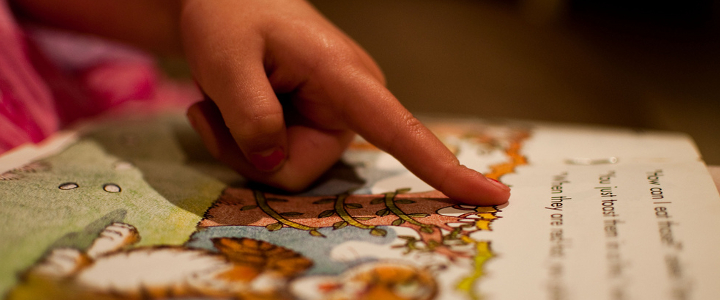
We humans don’t stand a chance against stories. What our ancestors were doing around the campfire still has a great impact on us. So if you need to do a speech, keep these 5 powers of storiesin mind:
1. Action
Your audience might be passively sitting down when listening to your speech, but you can activate many parts of their brains by telling them a little story. Adding action is always good. Brain scans have shown that when listeners hear a sentence like: ‘John grasped the object’, or ‘Pablo kicked the ball’, our motor cortex gets active. This part of the brain coördinates the body’s movements. Sounds much more attractive than boring bullet point presentations, that just hit the language area in the brain.
2.Senses
The senses have also been shown to be roused by stories. Words like ‘coffee’ and ‘perfume’ can lit up the brain areasconnected to smelling. And using a phrase like ‘leathery hands’ effects the sensory cortex, whereas ‘strong hands’ does not. But there are limits. Some phrases, like ‘rough day’, don’t do the trick anymore. We have heard that one so many times that our senses just ignore it.
3. Compassion
Stories can even make us more social. Dr. Keith Oatley, an expert in this field, found thatthe more fiction people read, the better are their skills of empathy. Fiction also seems to improve our Theory of Mind, or the ability to construct a map of other people’s intentions. Reading artistic literature was even found to enable people to change their personality a little. These studies are about reading fiction, but telling a story most likely has the same effect. If you tell a good story, listeners also tend to identify with the characters.
4. Connection
If you want a connection with your audience, telling a story can even literally establish this, scientists like Uri Hasson have demonstrated. The speaker’s and listener’s can get ‘brain-coupled’. In this statethe listener’s brain responses mirror the speaker’s brainresponses with some temporal delays. Stories have also been reported to help being remembered better and to plant ideas in other people’s head.
5. Innovation Then the last fruitful characteristic of stories: they stimulate innovation. That is at least what scholars Beckman and Barry argue in California Management Review. Tell your innovation team stories about a product, or the population that is using it, and they will start to get innovative. To envision this process they included the following scheme in their paper. This picture comes in handy, because it immediately teaches you more about telling a story.
Photo: Flickr, Holtsman
Source: New York Times
Fargier R, Ménoret M, Boulenger V, Nazir TA, & Paulignan Y (2012). Grasp it loudly! Supporting actions with semantically congruent spoken action words. PloS one, 7 (1) PMID: 22292014
KEITH OATLEY (2012). The cognitive science of fiction Wiley Wires cognitive science DOI: 10.1002/wcs.1185
Hasson U, Ghazanfar AA, Galantucci B, Garrod S, & Keysers C (2012). Brain-to-brain coupling: a mechanism for creating and sharing a social world. Trends in cognitive sciences, 16 (2), 114-21 PMID: 22221820
Sara L. Beckman and Michael Barry (2007). Innovation as a Learning Process: Embedding Design Thinking California Management Review DOI: 10.2307/41166415
Gepubliceerd op United Academics
